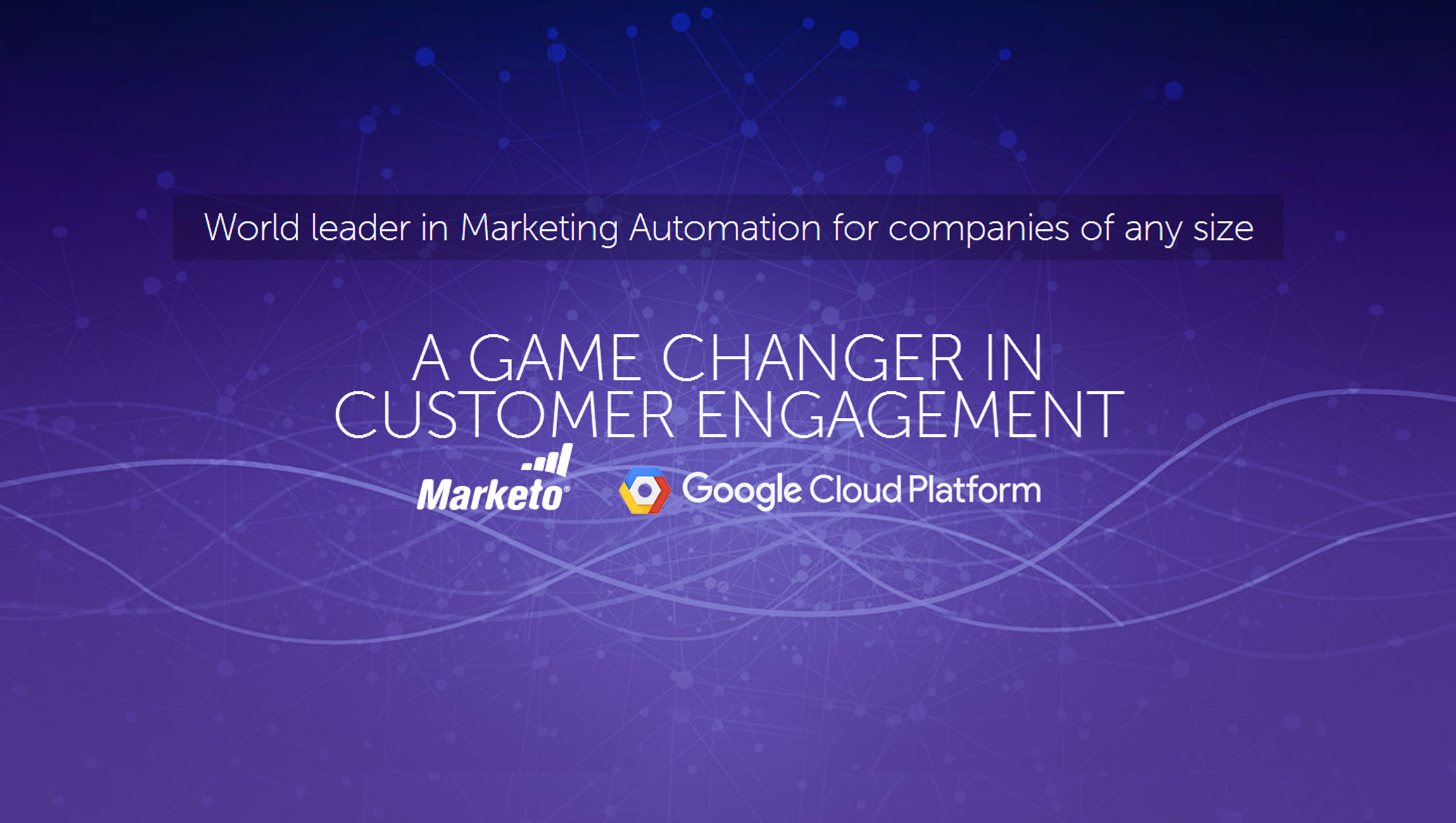Brands Must Make Real-Time Decisions, Using Their Own Data, In Order To Serve Consumers Effectively
More than half (55%) of regular online shoppers change their purchasing habits at least once a week according to new survey released today by Rocket Fuel, the leading Predictive Marketing platform provider. This presents a significant challenge for brands that advertize online, as they are already operating in a market where their audience is fragmented and consumer attention is scarce.
Rocket Fuel recently announced that it is becoming a part of Sizmek, the world’s largest people-based creative optimization and data activation platform, and the world’s largest third-party omnichannel ad server.

Joel Christie, Commercial Director, Rocket Fuel, spoke to MarTech Series at the time of the announcement. Joel said, “If shoppers are changing their buying habits weekly, brands now need a solution that can help them find individuals at the perfect moment with the right content. Over time, retailers have collected so much data that they need to rely on predictive technologies, powered by artificial intelligence, to utilize it effectively.”
Advertisers must now find a way to reach consumers at various stages of the buying journey as well as identifying whether they’re in the mood to shop, with 2 in 3 (64%) online shoppers saying, ‘How I react to an ad or promotion depends on the mood I am in’. Without the right technology to figure this out as well as organise and utilise masses of data, advertisers run the risk of leaving shoppers frustrated by irrelevant and irritating advertising, missing their one chance to connect.
Recommended Read: Sizmek Introduces Server-Level Cross-DSP Frequency Capping to Address Cross Media Plan Optimization
Joel added, “This research shows us that the massive rise of the internet, as well as countless channels and devices has made it difficult for advertisers to sell to reach the right consumers online. If shoppers are changing their buying habits weekly, brands now need a solution that can help them find individuals at the perfect moment with the right content. And because, over time, retailers have collected so much data, they need to rely on predictive technologies, powered by artificial intelligence, to utilize it effectively.”
Consumer behavior is becoming increasingly difficult for marketers to predict when using traditional segmentation methods. At a time when people say their purchases reflect who they are, marketers and retailers must look at people as individual consumers, rather than pigeonhole them using outdated methods. Artificial intelligence is key to monitoring a huge amount of data points to identify the way people shop and when, before reaching them with personalized advertising at the precise moment they are likely to engage. It’s less about the limiting segment, more about the individual. Less about the device and more about the moment it is being used. And it’s less programmatic, much more ‘predictive.’
Read More: Use These 3 Brainstorming Exercises to Fuel Your Next Social Media Campaign
By harnessing the power of artificial intelligence, brands can optimise every part of the marketing mix to deliver seamless, always-on, always-relevant experiences that the consumers value. Additionally, the application of artificial intelligence allows brands not only to understand but predict consumer behavior. Advanced algorithms pinpoint where the consumer is, where they are in their shopping journey, and what advertising messages would help move them forward. This ensures retail brands are serving up the right content to those ready to purchase, driving conversions and getting ahead of the competition.
Read Also: BrightLine Partners Sizmek to Deliver Screen-Optimized Experiences for Connected TV and Mobile



